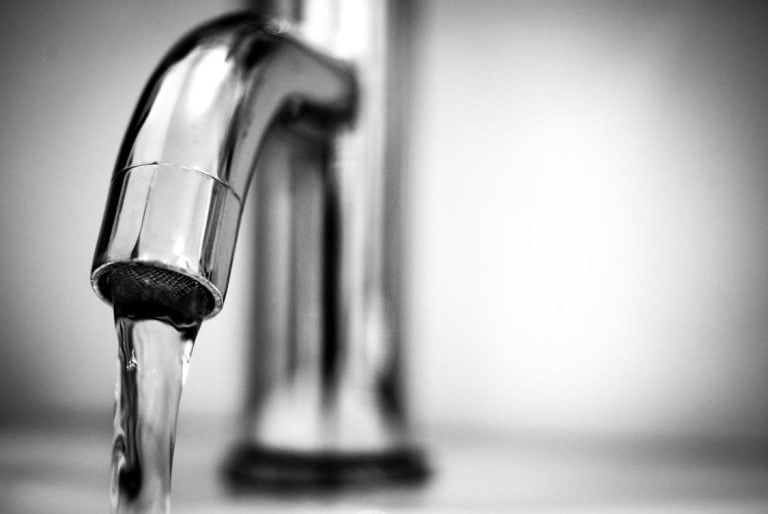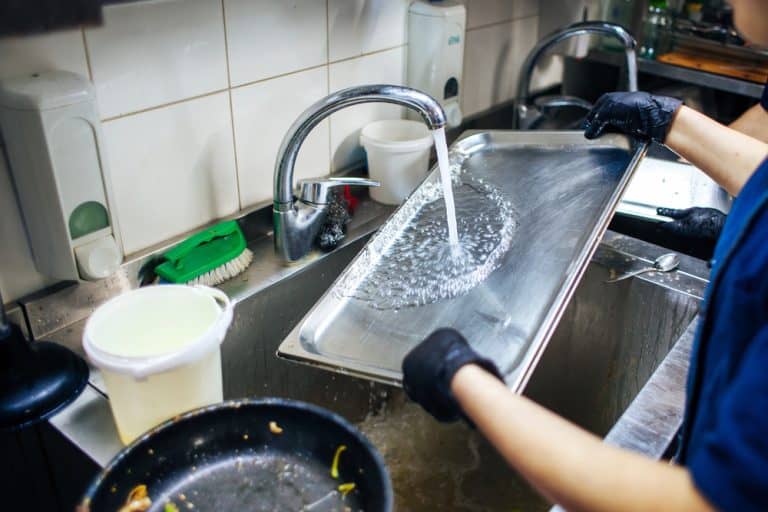Juicing can provide a healthy boost to your diet when you include it as part of a whole-foods-based eating pattern. However, juicing as a meal replacement or "cleanse" is not recommended. Juices without the fiber of whole fruits and vegetables can increase sugar intake and may cause blood sugar spikes. In addition, removing the fiber …
How to Juice Leafy Greens Without Bitter Aftertaste

Juicing can provide a healthy boost to your diet when you include it as part of a whole-foods-based eating pattern. However, juicing as a meal replacement or “cleanse” is not recommended.
Juices without the fiber of whole fruits and vegetables can increase sugar intake and may cause blood sugar spikes. In addition, removing the fiber deprives your body of a valuable prebiotic, according to juiceguru.com.
It Helps You Burn Fat
Juicing involves extracting the liquid from whole fruits and vegetables using a juicer or blender, then straining out the pulp. This process is popular among those who follow the “juice cleanse” movement, which advocates consuming only juice for 3-30 days (or longer). Anecdotal health claims claim it helps with weight loss and gut health through detoxification.
However, drinking juice at the expense of a well-rounded diet is not healthy. When juices are made with high-sugar fruits like beets or apples, they can provide a big dose of sugar, which is not good for your blood sugar or waistline. And since juicing leaves behind the fiber of the food, it can make you feel less full than smoothies made with whole fruit and veggies, which tend to be more filling.
Another issue is that juicing usually removes the fiber from fruits and vegetables, which slows stomach emptying, making you feel fuller, plus provides gut health benefits and helps prevent spikes in your blood sugar. In addition, most juices do not contain enough protein or fat. Protein is essential for healthy muscles, and the fats in your body help with digestion and provide nutrients needed for optimal health.
As a result, people who drink only juice for long periods of time can end up with nutrient deficiencies and may also experience a lack of energy, especially if they’re doing a juice cleanse for more than two or three days. And even if you’re not following a juice cleanse, going too long without eating solid foods can cause your body to use up its stores of glycogen for fuel, which then leads to water retention and feelings of tiredness and fatigue (12).
The bottom line is that while juicing can be an excellent tool to help people add more fruits and veggies into their diets, it is not a magic bullet that will instantly melt away excess weight. Eating a variety of whole foods is the best way to lose weight and maintain a healthy weight over the long term, which is why it’s important to think about what you’re putting in your body when making your nutrition choices.
It Helps You Feel Full

Juicing can help you feel full by providing a quick burst of nutrients in liquid form. But you should be careful not to rely on juices made from fruits with high sugar content, like apples, pears and carrots. These can spike your insulin levels, which can lead to weight gain. Instead, create light, green juices with just a small amount of fruit contained to add sweetness.
Another problem with juicing is that it removes the fiber from the vegetables and fruits. Fiber slows the absorption of sugar into your bloodstream, which can help you feel full for longer. Additionally, it helps promote healthy gut bacteria. These critters play an important role in your digestive system and have been linked to lower risk of heart disease, according to the Vegetarianism and Vegetarian Nutrition website.
Many juicing recipes also lack the protein you need to feel full. Protein is a key building block of your cells and is necessary for maintaining a strong, healthy body. Juices are often high in sugar and low in protein, which can cause you to feel hungry more quickly than if you were eating whole foods.
Juice diets are not sustainable for the long term. Trying to live on juice alone can leave your body in an extreme calorie deficit, which is not healthy for the body. In addition, the lack of protein in these diets can lead to muscle loss, which can affect your metabolism and make it more difficult to lose weight.
Finally, a lack of calories can cause your body to pull from its water and muscle reserves for energy. This can result in weakness, fatigue, delirium and confusion. When this happens, it’s called refeeding syndrome and can be life-threatening.
In the short-term, a juice cleanse can improve your digestion and help you lose weight. However, you should never follow a juice diet for an extended period of time. If you do decide to try a juice cleanse, make sure it includes a variety of whole fruits and vegetables and drink the juice with meals to ensure that your body gets the nutrients it needs.
It Helps You Stay Hydrated
For many people, especially those who don’t eat enough veggies or struggle to find time to fit vegetables into their day, juices can help fill in the nutrition gap. Juices can provide the nutrient equivalent of several servings of vegetables and fruits in one glass, and are easier to digest than whole foods.
It’s important to remember, however, that even though juicing may help you get more nutrients in your body, it is not meant to replace whole foods. Whole foods are a necessary part of your diet, as they contain fiber and other components that help you feel full and satisfied with less.
Drinking juices in place of whole foods can lead to overeating and an imbalanced diet, which can ultimately hinder weight loss. Whole foods also give you a wider variety of vitamins and minerals, which are important for good health.
When you make your own juices or buy pre-made juice, choose options that don’t have added sugar and dilute them with water to help with portion control. Also, make sure to drink the entire bottle of juice in one sitting, as leftovers can breed bacteria and cause foodborne illness.
The best types of juices for weight loss are those that focus on vegetables first and then include a small amount of fruit. This helps to keep your blood sugar levels stable and keeps you feeling full. It’s also important to note that when your body is deprived of carbohydrates, it starts to go looking for energy from other sources, like water and muscle stores. This is what leads to the initial weight loss that some people experience when they start juicing.
It’s also a good idea to avoid adding too much protein to your juice recipes, as this can overtax the digestive system and cause bloating. Instead, you can add chia seeds, hemp powder, flax seed or ginger to your juices for extra nutrition. They are also a great source of antioxidants, which can help to boost your immune system. A stronger immune system is essential to helping you maintain a healthy weight.
It Helps You Get More Nutrients
Juicing has become a popular way to get more vitamins and minerals into your diet. You can buy premade juices at the store or make them yourself in a juicer at home. However, it is important to remember that a glass of juice can also contain many calories and sugar from fruit. Having too much of these can cause blood sugar levels to spike and lead to weight gain and other health problems.
In addition, juicing removes the fiber from fruits and vegetables. This can reduce the amount of food that fills you up and may cause constipation. It can also reduce the number of nutrients that you absorb. This is because some nutrients, like fiber, are only able to be absorbed by the digestive tract.
Some proponents of juicing claim that it helps to cleanse the body and rid it of toxins. However, there is no evidence to support this claim. Instead, it is likely that a juice fast simply leads to a loss of water weight. This can make it look as though you are losing fat when in reality, the loss is mostly due to dehydration.
It is important to talk to your doctor before starting any juicing plan. They can help you find the best juice recipes and advise you on how to properly use a juicer. They can also recommend healthy, whole foods that will give you the nutrients you need.
Having a well-rounded eating pattern is the key to long term, sustainable weight loss. Any diet that encourages you to skip meals, cut out entire food groups or severely restrict your calories is not a good idea. While you might lose some weight while juicing, this is likely because you are not eating enough calories and may be missing out on important nutrients.
If you are interested in drinking juice as a part of your diet, try to focus on low-sugar veggies such as kale, cucumbers and celery. Drink them unsweetened or with very little added sugar and stick to about 4 ounces of juice per day. This will help you get the vitamins and minerals you need without adding too many calories and sugar to your diet.









